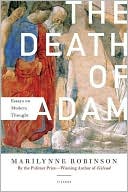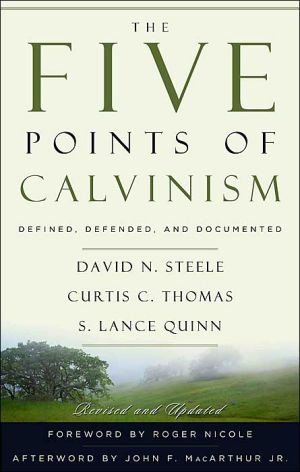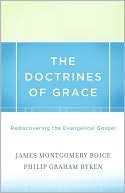The Death of Adam: Essays on Modern Thought
Search in google:
In these 10 essays, Marilynne Robinson brilliantly addresses subjects that have become the territory of specialists--religion, history, the state of society. The writing is "contrarian in method and spirit," as she states in her introduction, but "Who can imagine how the things we call ideas live in the world, or how they change, or how they perish, or how they can be renewed?"In the tradition of 19th-century novelists who turned to the essay, Marilynne Robinson offers a beautiful and authoritative approach to refining the ideas our culture has handed down to us. Whether considering how the McGuffey readers were inspired by Midwestern abolitionists; how Creationism, "long owned by the Religious Right," has spurred on contemporary Darwinism; or how John Calvin, who was a Frenchman in Geneva, points to America's Continental origins, Robinson writes meticulously and with great conviction. Her essays are filled with the excitement of discovery. Publishers Weekly "My intention, my hope, is to revive interest in... John Calvin. If I had been forthright about my subject, I doubt that the average reader would have read this far." That's the introduction to one essay, but it could also apply to most of Robinson's (Housekeeping) first book in nearly a decade. Among the 10 essays here is one on the idea of wilderness and an intensely personal meditation on growing up Presbyterian, but these are essentially afterthoughts to an impassioned argument against America's contemporary social Darwinists cum free marketeers. And here's where Calvin comes in. She rebuts the characterization of Calvin as protocapitalist and the quick dismissal of his Puritan followers as prigs. Instead, she finds in their example a more fulfilling morality, one that substitutes personal responsibility for contemptuous condemnation of our fellows and a more personal, independent relationship with God and conscience. The corollary of the notion that "our unhappiness is caused by society, is that society can make us happy," she writes, adding, "Whatever else it is, morality is a covenant with oneself, which can only be imposed and enforced by oneself." Though there are occasional problems--for example, the argument "an important historical `proof' very current among us now is that Thomas Jefferson wrote the Declaration of Independence unconscious of the irony of the existence of slavery" is simply a straw man. But for the most part her moral integrity is accompanied by an equally rigorous intellectual integrity, and rather than accepting received wisdom she hunts it out for herself among original texts. In the process, she revives founding beliefs as a possible solution for current ills.
Darwinism28Facing reality76Family87Dietrich Bonhoeffer108McGuffey and the abolitionists126Puritans and prigs150Marguerite de Navarre174Marguerite de Navarre, part II207Psalm Eight227Wilderness245The tyranny of petty coercion255







